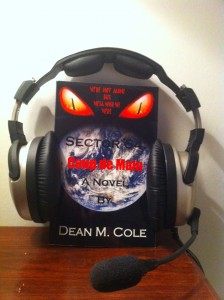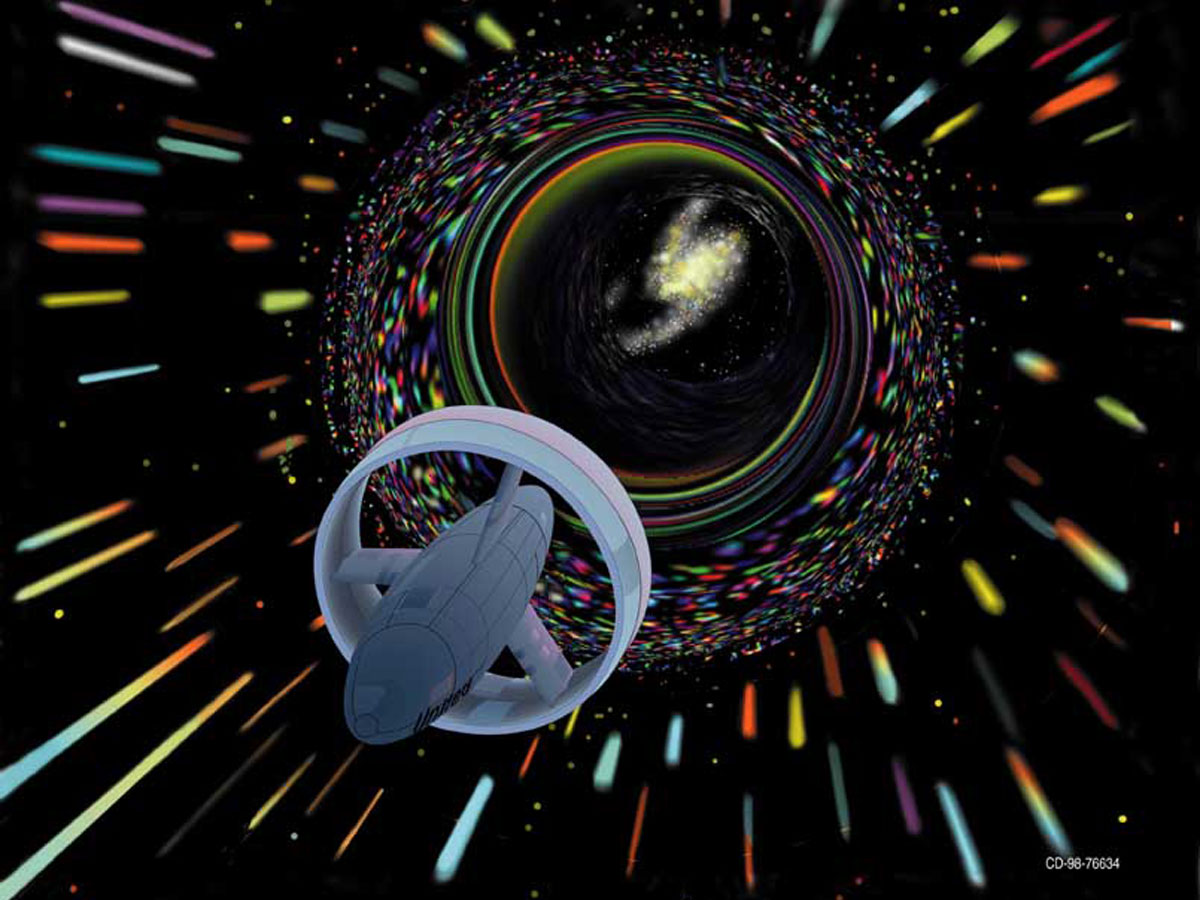Why Do We Think We Know It All?
As a science fiction writer I try to root my stories in the possible. However, if taken to the extreme of Hard-Science Fiction stories become quite limited. To be sure many an author has produced quite fascinating stories within those limitations, Sir Arthur C. Clarke high among them.
I regularly see reviews and forum comments about various books and subjects in which said commentators make disparaging remarks about authors who have spaceships that magically travel faster than light, communicate faster than light, or somehow violate physics as we know it.
As I said in the beginning of this article, I try to root my stories within the possible, but having the imagination of … well, a writer I imagine that we may not know everything there is to know about the universe.
I do understand that E=MC2 ties space and time together so that you can’t change one part without affecting the other. But we humans who:
- Don’t know how many dimensions or forces form our universe.
- What dark energy is.
- What dark matter is (or if either exist)
- Why the universe expanded at superluminal (Faster Than Light – FTL) speeds for a time after the big bang
- Why its expansion is accelerating today
somehow feel certain that FTL travel, communication, or anything else is impossible.
To me it’s as arrogant and assuming as those in the 1800s that said speeds over 100mph would kill you and those in the early 1900s that said travel faster than the speed of sound was a feat man would never accomplish.
Before I present my fictional workarounds (to call them theoretical would make me the biggest pompous ass of all) let me first say that I’m not a physicist, hell I didn’t even stay at a Holiday Inn Express last night. So there are likely glaring holes in my fictional workarounds. Also, as an author I generally chose not to put my readers to sleep so these are ideas that, for the most part, do not get explained ad nauseum in my books. Till today they merely floated around in the back of my mind as a self-defense mechanism. They allow me tell myself: “I’m anchoring my tale in the possible.”
The basis for my workarounds: I believe three areas that we as a society are just starting to nibble at, three areas that, once figured out, will either lock us into our piece of the galaxy, or open up the universe to us are:
* Dark Energy:
Its apparent anti-gravity effect. Can it be manipulated?
*Undiscovered Forces:
For every force in the known universe there is an associated particle, either known i.e.: Electromagnetism – Photon, Weak Force – Intermediate Vector Bosons, Strong Force – Gluon … and so on; or hypothesized i.e.: Mass – Higgs Boson (aka God Particle), Gravity – Graviton … and so on.
CERN’s Large Hadron Collider and the US’ Tevatron have recently hinted at as yet unknown forces. Who knows how many underlying forces may exist and how they might be manipulated.
Electricity and magnetism are two sides of the same coin; Yin and Yang if you will. Manipulate one and you generate the other and vice versa. What if some new force or a new manifestation of an existing force, i.e.: electricity and magnetism, rises from the data and turns out to be the Yin of gravity’s Yang. In that scenario just as you can manipulate magnetism to generate positive and negative electricity, you could manipulate the new force or manifestation of gravity to generate positive or negative gravity.
* Extra Dimensions:
If we fully understand them and how they tie into the underlying fabric of space-time could they open up the potential for my book’s fictional FTL Parallel-Space travel? (again, see Heim’s Quantum Theory)
What about using extra dimensions for communication. Theoretical physicists postulate the existence of additional dimensions beyond the three spatial and one temporal that we perceive. They tell us these dimensions, existing near the Plank level (the smallest theoretical size), have no size in our universe, but are like curled up dimensions existing adjacent to our dimensions throughout the entire universe.
Now suppose an advanced race, has decoded the mysteries of the universe, i.e.: they’ve unified Quantum Mechanics and Special Relativity, they’ve unified gravity and electromagnetism (see Heim’s Quantum Theory), and even taught cats and dogs to live together in perfect harmony. Employing their mastery of the universe they learn how to expand one of those curled up dimensions just enough to accept an energy state. That energy state (say, half of a quantum pair) could then be manipulated to convey a signal, creating a data-stream.
This extra-dimensional dimension has no size other than that created through their manipulations. So this data would have nowhere to travel, but it could be accessed from anywhere in the universe … who says you couldn’t have instantaneous communication across the universe? (at least fictionally)
In Conclusion (Finally)
Once again, I’m not a physicist and I’m sure there are plenty of theories that would rule out most if not all of my fictional workarounds.
The region between proven facts and the waterfalls at the edge of the universe (here there be dragons) is the realm of science fiction and fantasy. While I like to think my work leans away from said falls and dragons, I’m okay if it takes literary license from time to time. The truest measures are my reader’s opinions, and their willingness to suspend their disbelief whilst they roam my universe.



